Below are stories illustrating some of the most common Tallahassee home buying pitfalls. This is not a comprehensive list of every mistake we have seen, but if you actively avoid these, you should be happy with your new home. We have bought multiple properties in the Tallahassee area over the years we have lived here. We have also helped many people buy homes every year.
Do not let these real estate war stories scare you. These are common home-buying pitfalls and hiring a professional Realtor will keep you from most of the expensive mistakes. Below are some of the expenses that can come from hiring an inexperienced professional.
The names in the stories below and some details have been changed to protect identities. Some experiences remind us of the kind of Tallahassee real estate agents we do NOT want to become. Sometimes we listen to our colleagues in the office and wonder about the future of humanity. What follows are some things we have experienced and often hear and how to avoid putting yourself in a comparable situation.
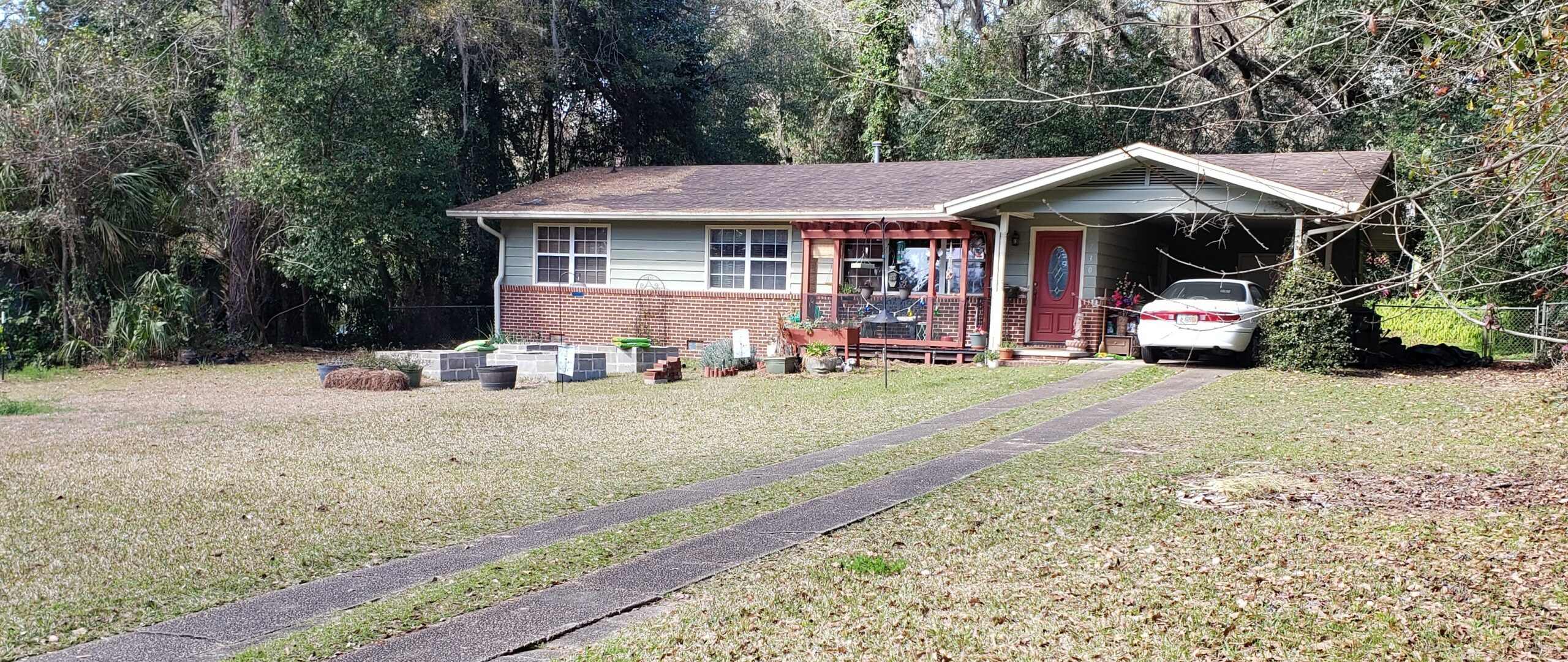

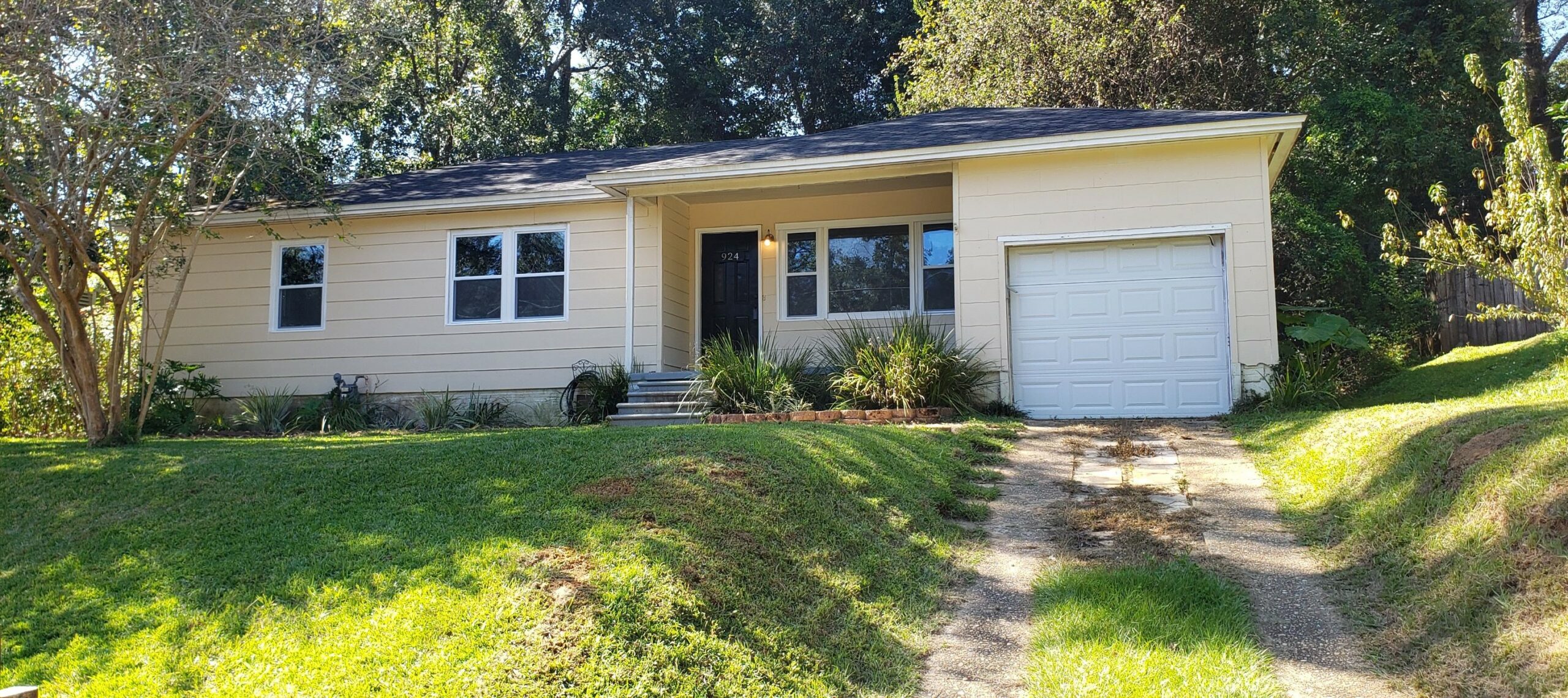
Most common home buying pitfall: falling in love with a home before speaking with a lender.
STORYTIME: Let us tell you about Kelly and Tim. We have been friends for a long time, so naturally, when they saw a home they loved, they called us. They were not concerned about their credit scores, or down payment, so they laughed at me when I suggested talking to a lender first. They knew what they could afford. We were one of the first groups to tour their favorite neighborhood’s rare four-bedroom, three-bathroom home. It had an in-law apartment that was going to be perfect for Kelly’s recently widowed dad.
We were the first ones to submit an offer on Saturday morning, less than 24 hours on the market. Unfortunately, the sellers chose another offer Saturday night. An offer that had provided a pre-approval letter. After talking to a lender, they also discovered that the monthly mortgage payment would have meant struggling to fund the two-week beach vacations they love and cherish. They are not actively looking for a new home, but every time we see them, they remind us of the one that got away.



Another common home buying pitfall – buying too high to be comfortable.
Beware of being house-rich and cash poor. Eating ramen noodles and beans for weeks on end will get old. The house can be beautiful and the schools top-notch, but the financial strain on you, your relationship, and your family are not worth the stress in the long run. Before you commit to any home, make sure you have reviewed your budget and the cash-to-close estimate with your lender and significant others. Some homes require more reserves in escrow, and homeowners’ dues can increase the monthly payment by hundreds of dollars.
STORYTIME: When I bought my first home in Tallahassee straight out of graduate school, we bought at the top of the market and our mortgage approval. The house was perfect for our growing family and we were not worried about making the monthly payment. We figured that our incomes would continue to grow over time, and the cost would be easier to make. We just had to tough it out for a few years, and things would get easier. Then the state froze wages while the cost of living increased. The teen boys broke a window and dropped a tree on the fence. The condensing unit was replaced. Then the air handler died; the pool developed a leak; the storm damaged the roof, etc. The house needed a lot of monthly maintenance. We never got ahead, and the misery took a toll.
An additional home buying pitfall and lesson to learn: do not forget to budget for maintenance.



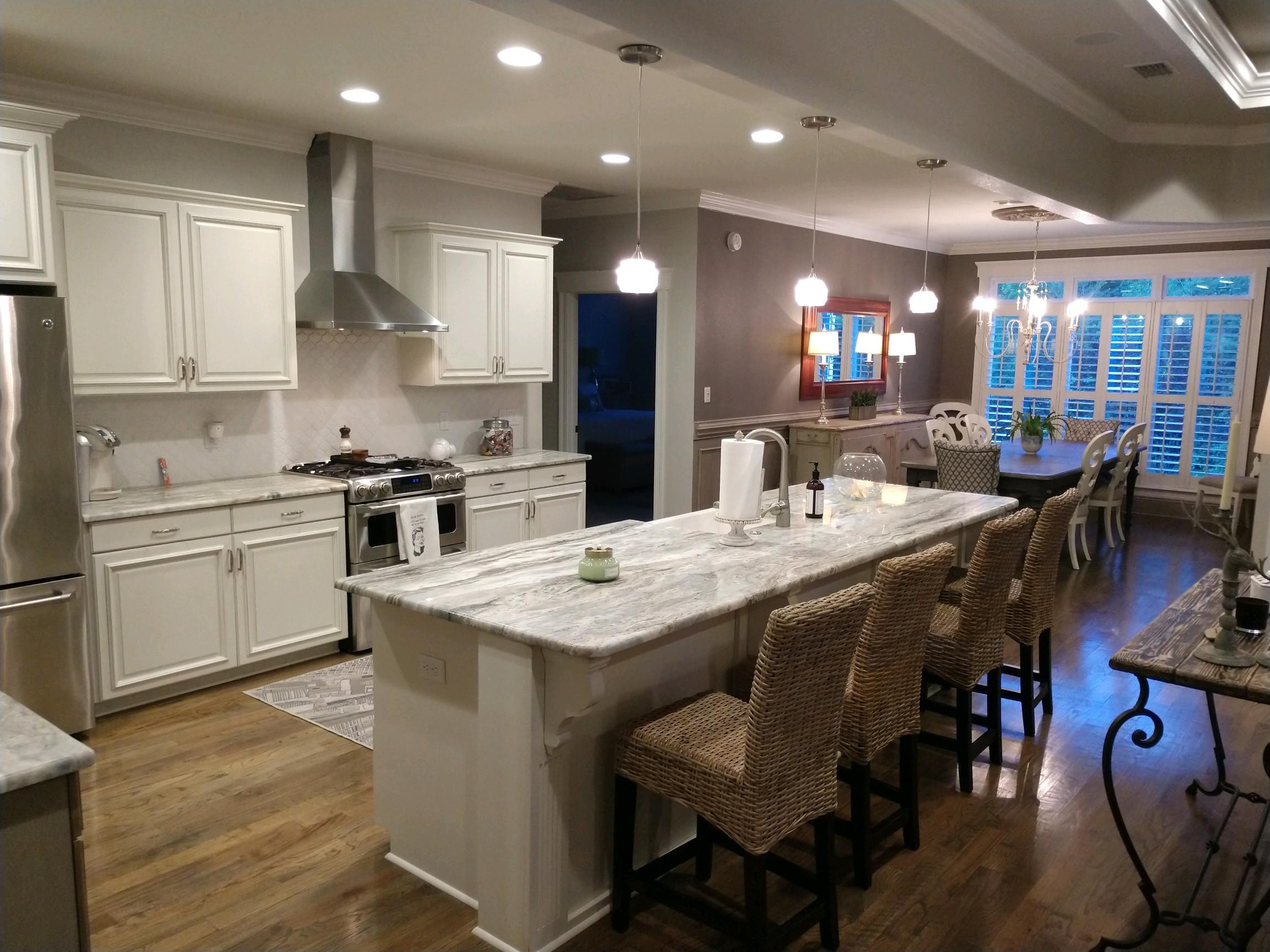
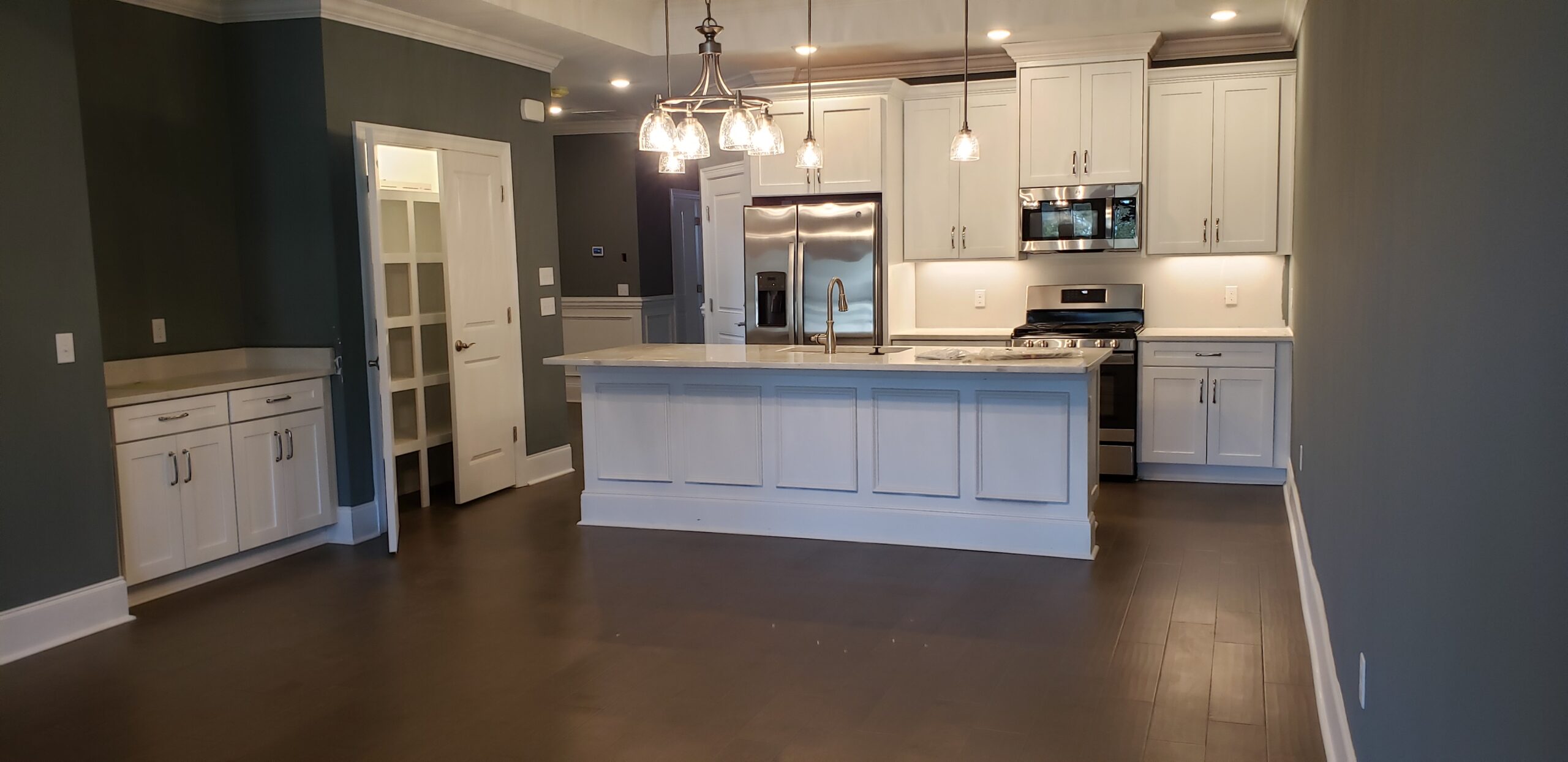
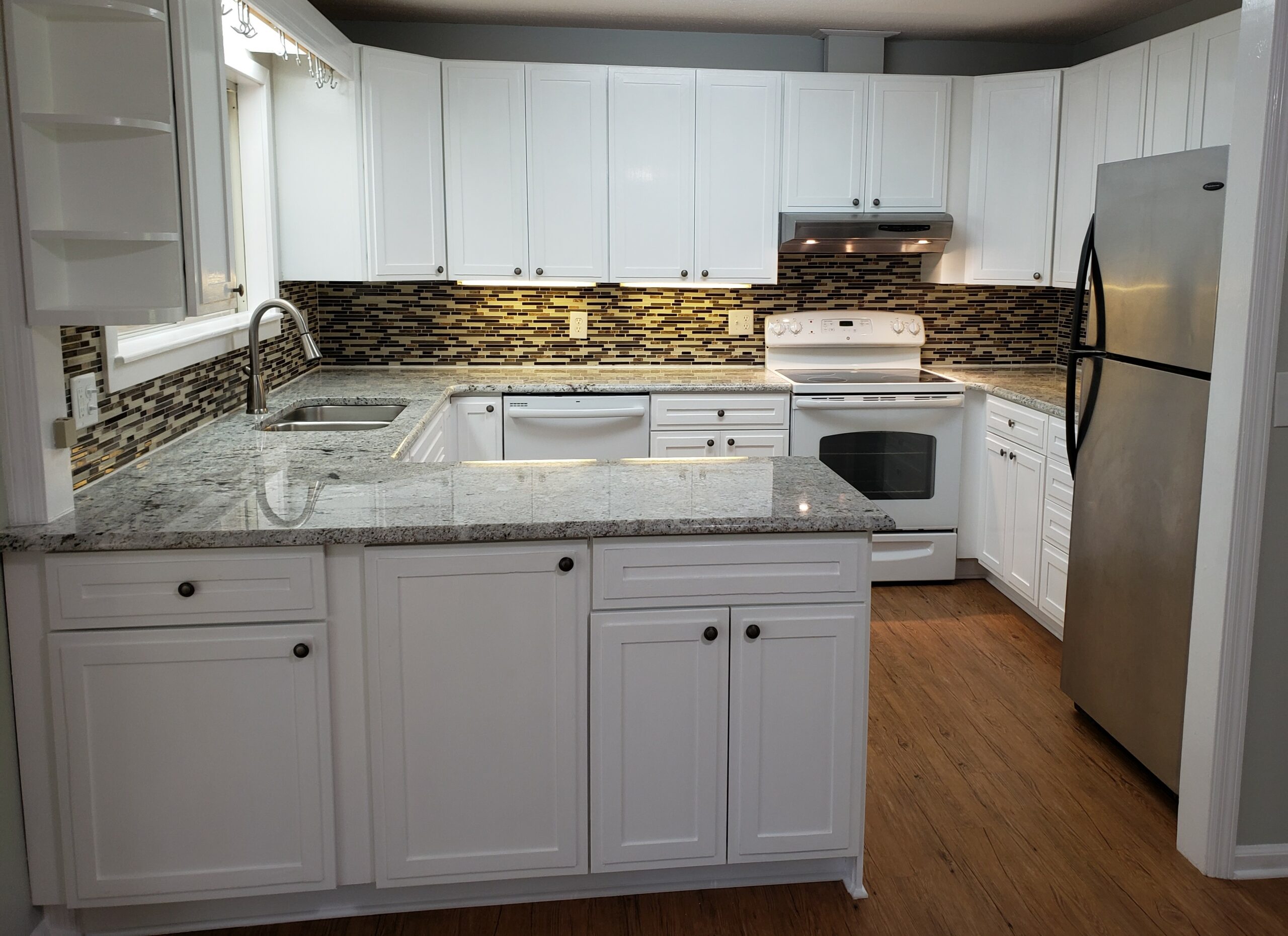
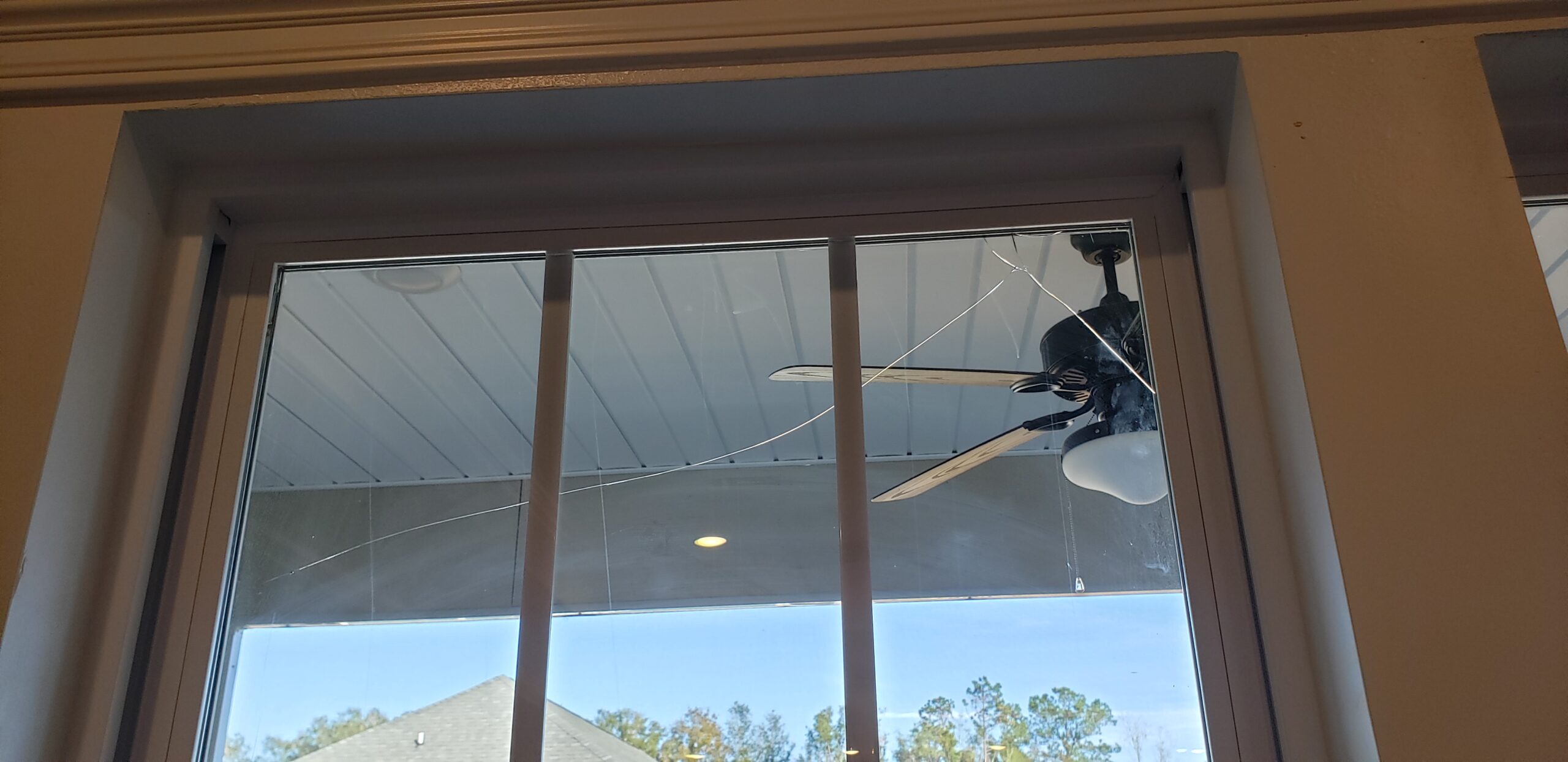
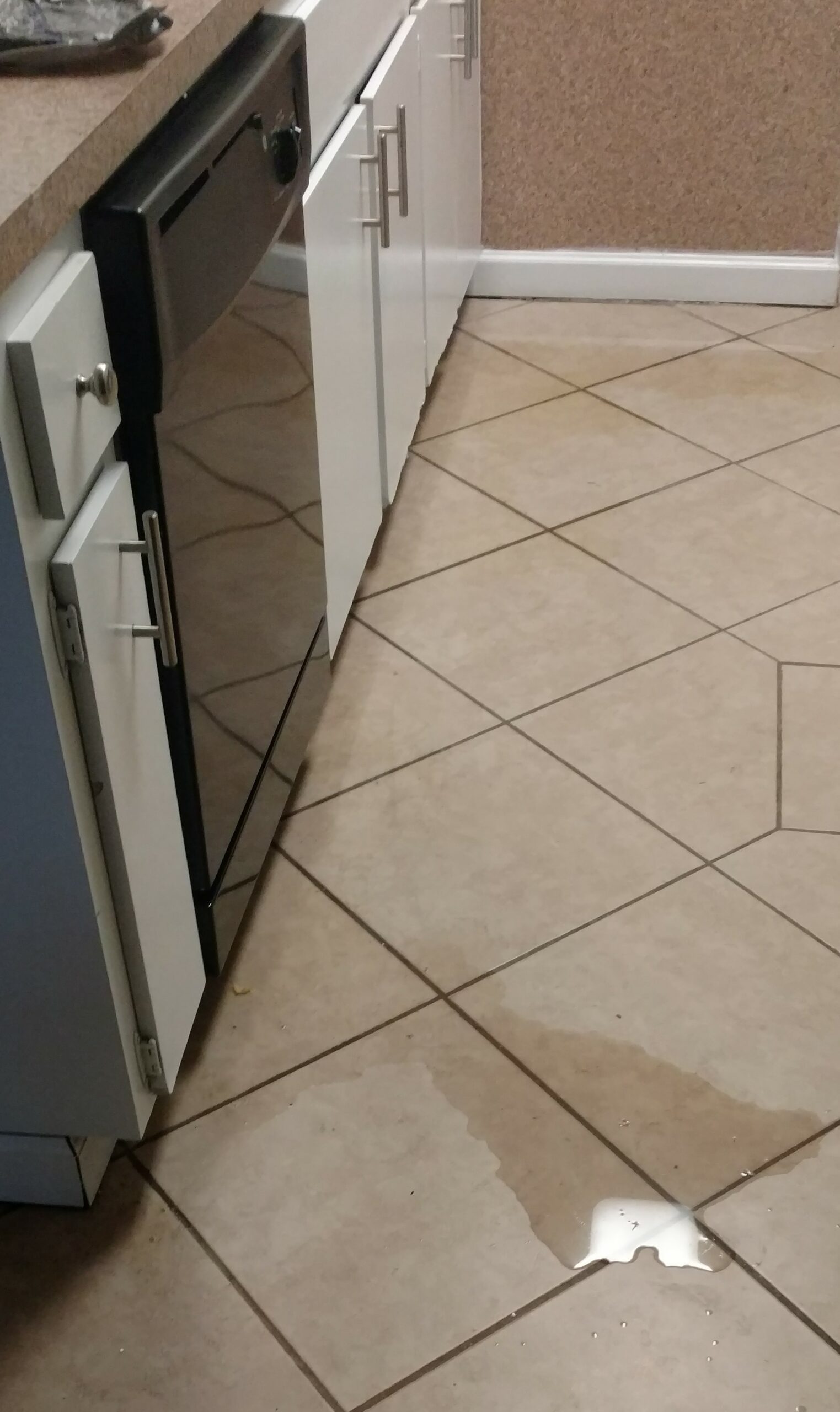
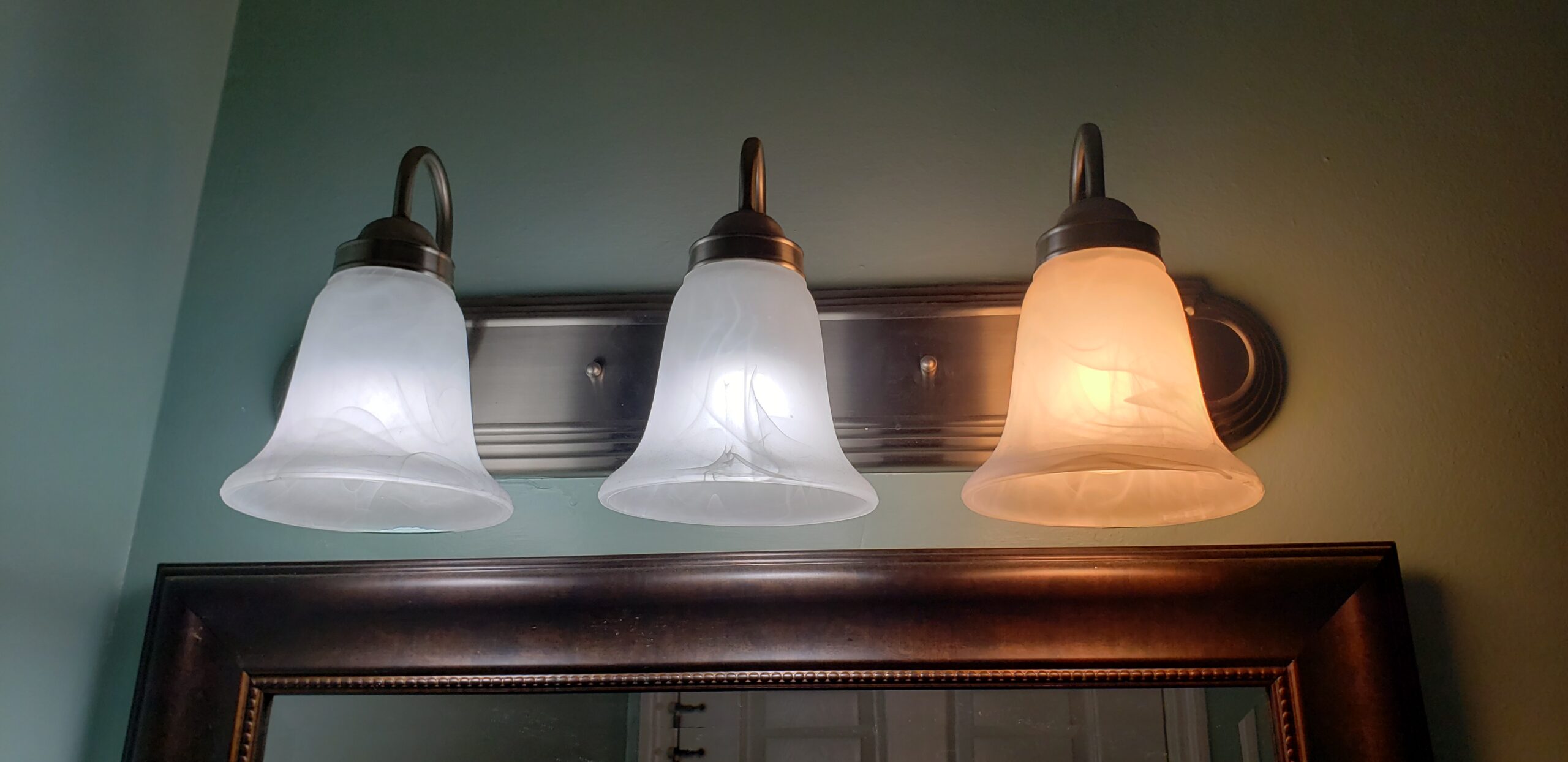
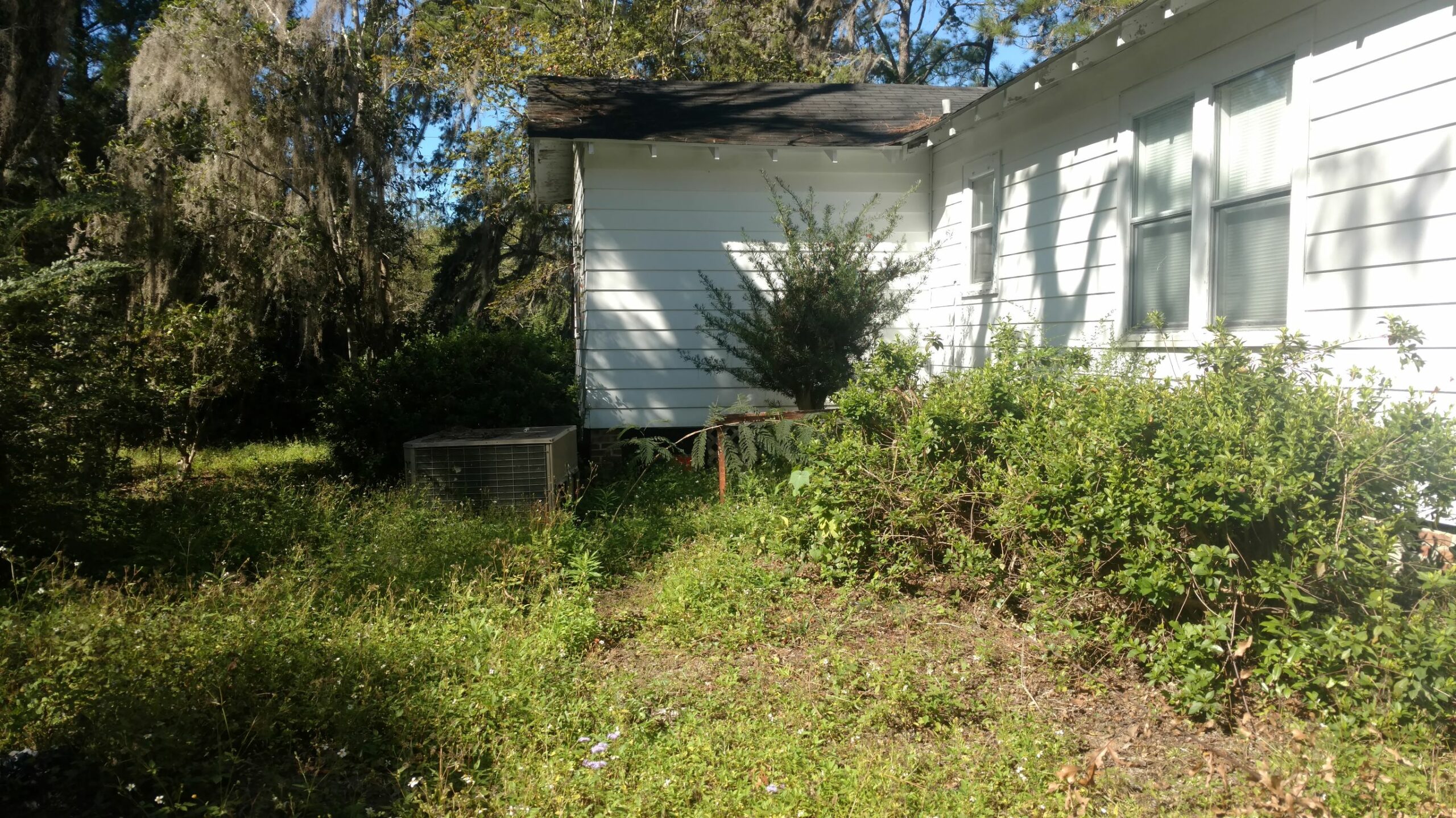
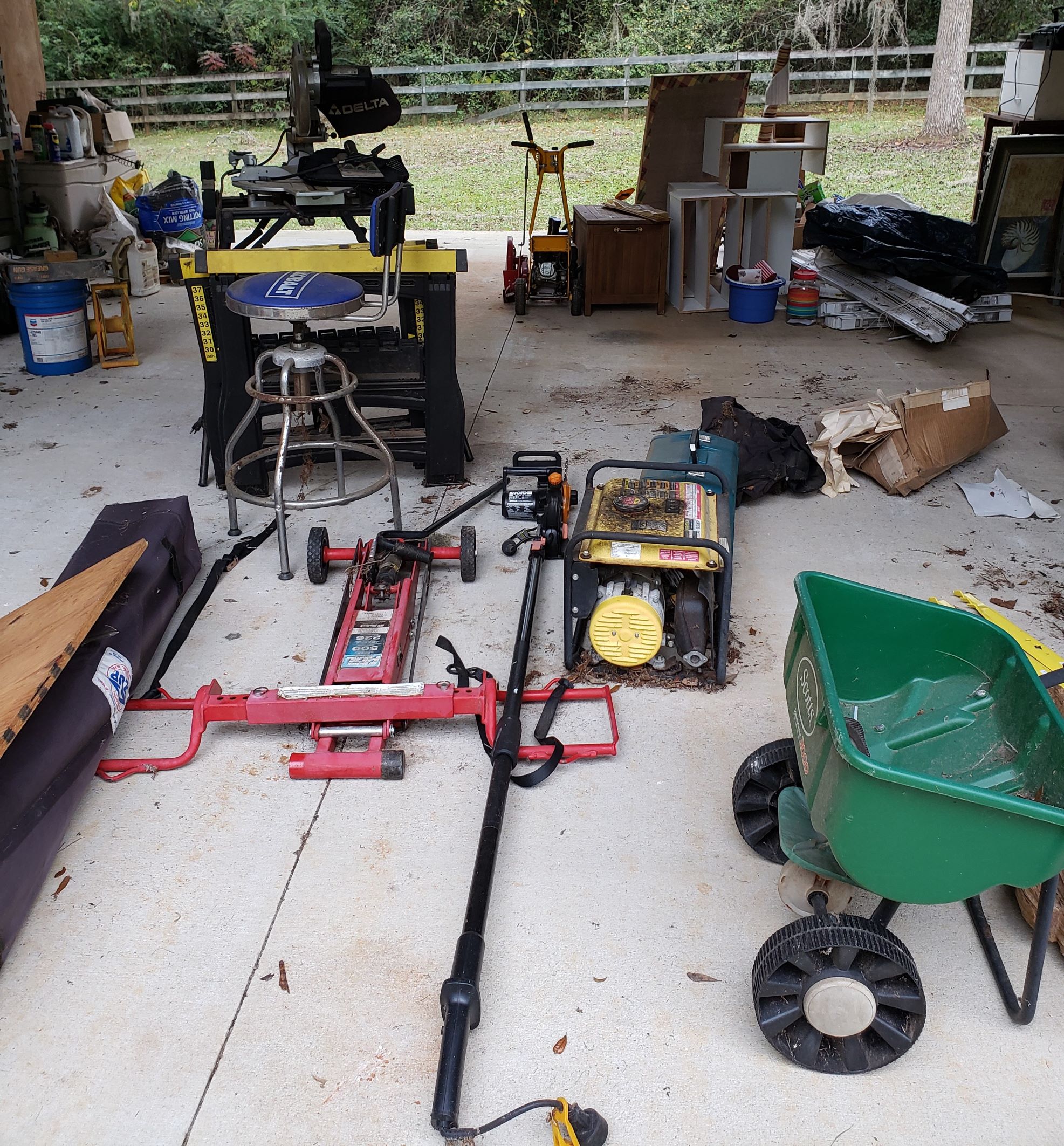
The second most common home buying pitfall is buyers do not budget for all the closing costs.
We hear this one a lot. These values will not be finalized until you have chosen the home and negotiated the sales contract. In addition to closing costs, do not forget moving costs too. One seller removed all the light bulbs when they moved out. Below are the most common closing costs.
- Earnest Money Deposit – This money is handed to the neutral third party as a commitment to the buyers’ interest in the home. It counts towards the buyer’s closing costs and/or down payment as long as the buyer follows the contract. This check is deposited immediately. This amount is credited to the buyer at the closing table.
- Inspections – This is not a place to skimp. Some inspectors may offer veteran discounts if asked. This is your chance to test whether the home is solid and whether you can live with the maintenance requirements. Budget at least $500 and up to $1,000, depending on the systems in the home,
- Loan Down Payment – This varies from buyer to buyer. Some loans do not have a down payment requirement. First-time home buyers should be prepared for at least 3.5% of the price of the home.
- Closing Costs – These are the costs that vary the most from buyer to buyer. It includes all the other costs to transfer ownership from the seller to the buyer. It will also include the amount to fund the escrow account. Typically, the closing costs are 1-3% of the price of the house. There are closing cost assistance programs for first-time home buyers.

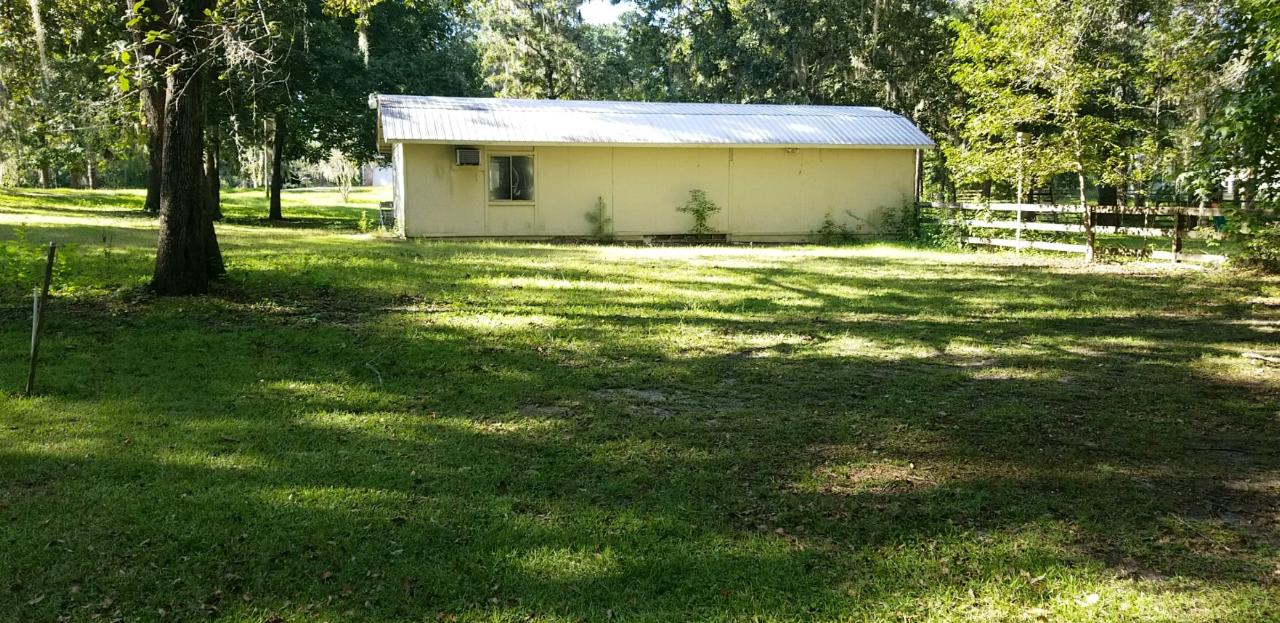
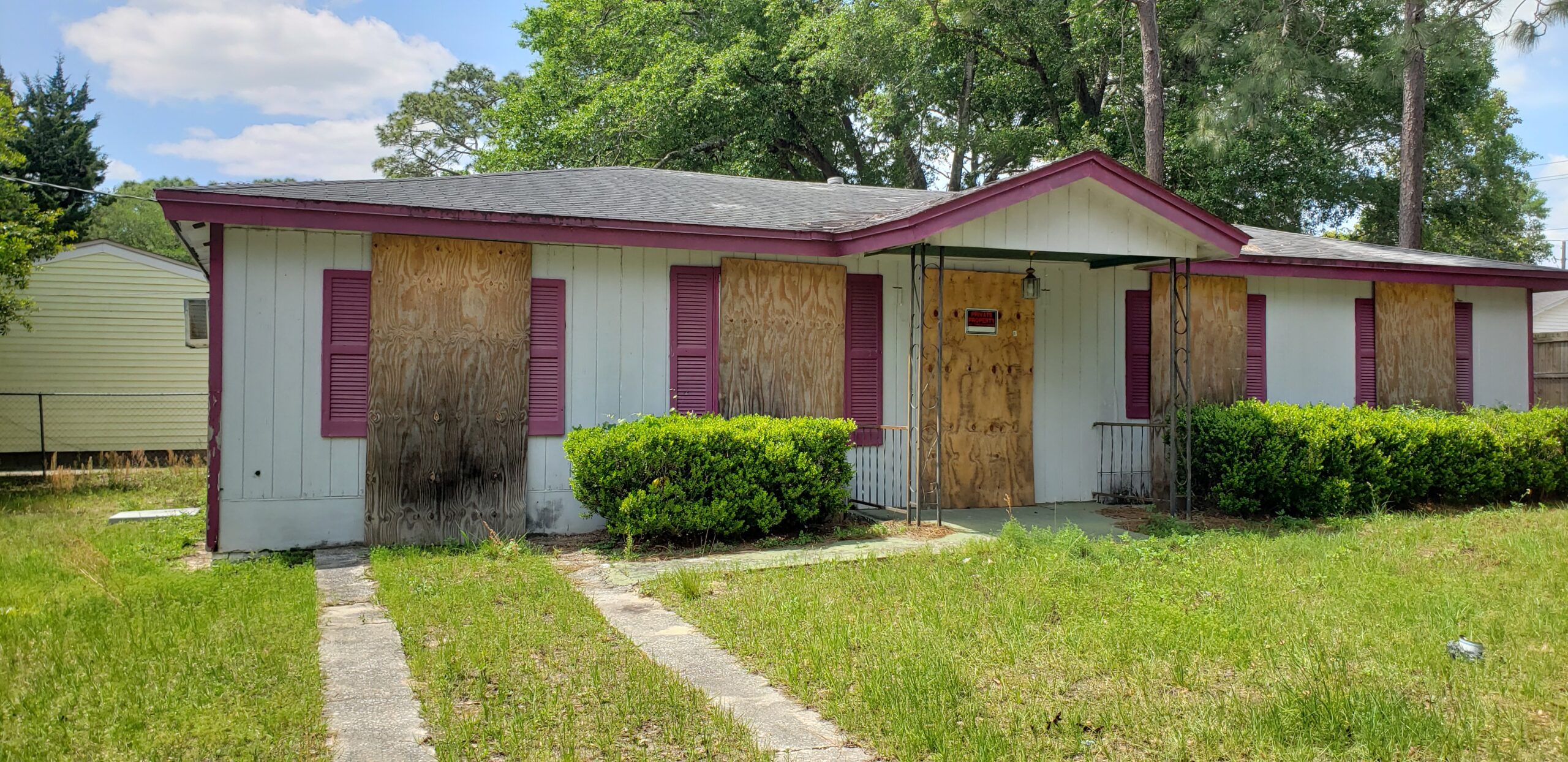
Neighbors can be your best friends or worse nightmares. It can change over time too, making it a home buying pitfall that may be unavoidable.
STORYTIME: We had a buyer that bought the home next to the mean old neighbor. Every neighborhood seems to have one. This older guy had lived there before it was even a subdivision, and he did not like newcomers. The buyers had several teenage children and a pool in the backyard. That pool was a magnet for all the teens’ friends and friends of friends. The neighbor’s retired lifestyle of tending to his garden and bees did not mesh well with the teens squealing and cannonballing. If our friends had known the neighbor’s low tolerance for noise and ‘busy-ness’ they would not have changed their minds about the house. However, they may have introduced themselves to their neighbor differently and saved some hurt feelings and animosity.
An additional home buying pitfall and lesson to learn: talk to the neighbors during the inspection period of your purchase.

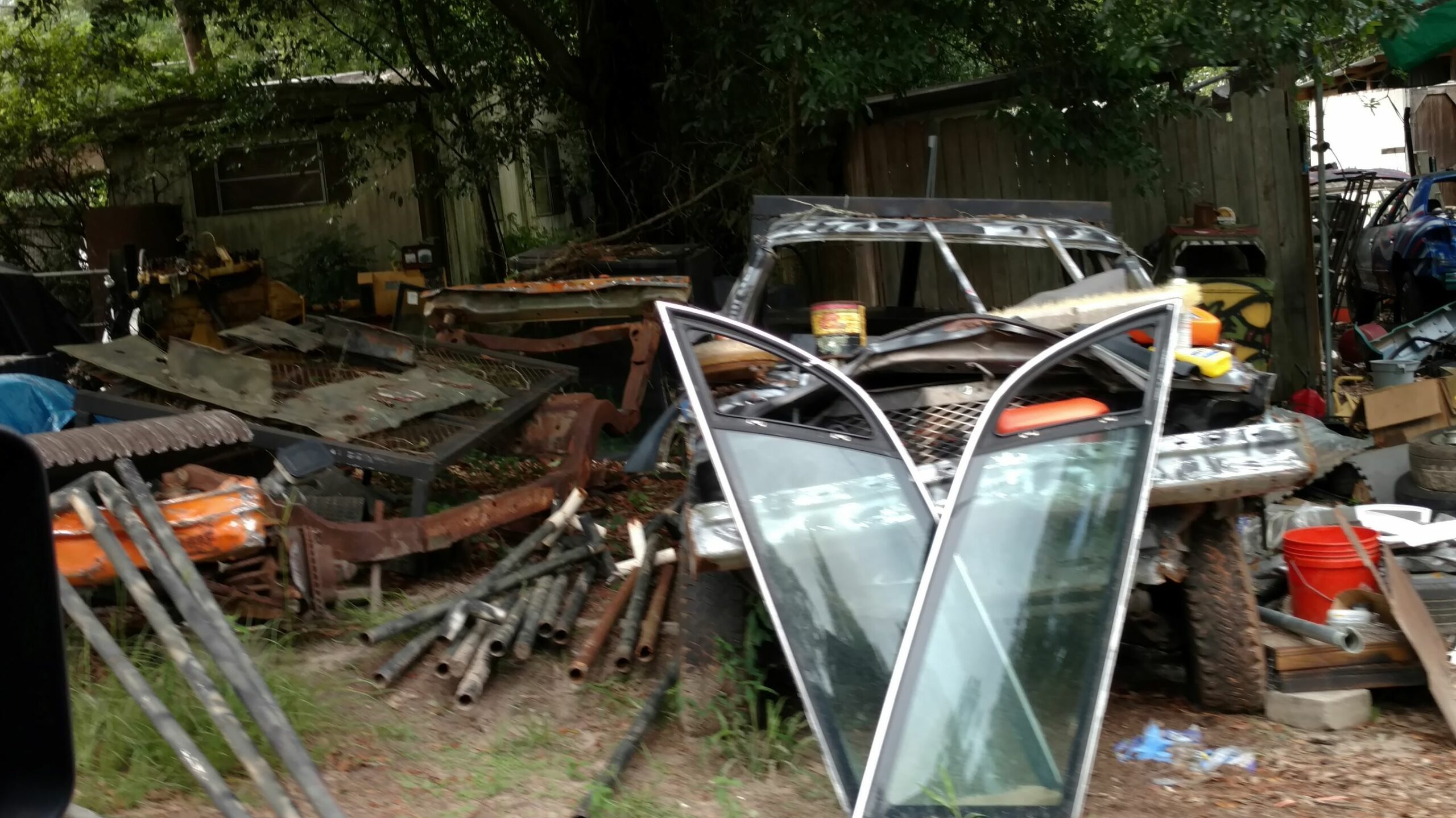

The home buying pitfall that hurts the most to hear: We wished we had asked more questions.
There is no such thing as too many questions, especially when buying a home. This is the most significant investment of your life (or close to it, likely). We know is stinks to purchase an inspection for a house you won’t purchase. Buying a money pit is worse.
Ask lots of questions! This is a time when having an experienced agent matters the most. Whether you are a first-time home buyer or an experienced investor, choose an agent that has been to the closing table more than you. Ask questions about the neighborhood, the school zones, Saturday morning traffic, HOA value, etc. Some things agents are not allowed to answer for you, but Realtors have access to community reports at the zip code level.
When talking to your lender, ask questions until you are comfortable with every number. Some of the initial numbers you are provided with will change based on the home you choose. If it has an HOA or requires flood insurance, you will pay more monthly. Some fees can be negotiated away or lowered. You will also find some fees are lower at other lenders. Talk to at least two lenders before you choose one. Agents often have lenders they know will treat you honestly and get you to the closing table.
When talking to your inspector, ask about the potential life left for the air conditioning system, the roof, the water heater, and any additional systems in a house. They can also estimate maintenance costs for items like a pool or hot tub. Ask the inspector what he would be concerned about if he were purchasing the home. Some inspectors are also contractors and can give estimates of repairs and remodels. And for what it is worth, skylights and chimneys always seem to leak first.
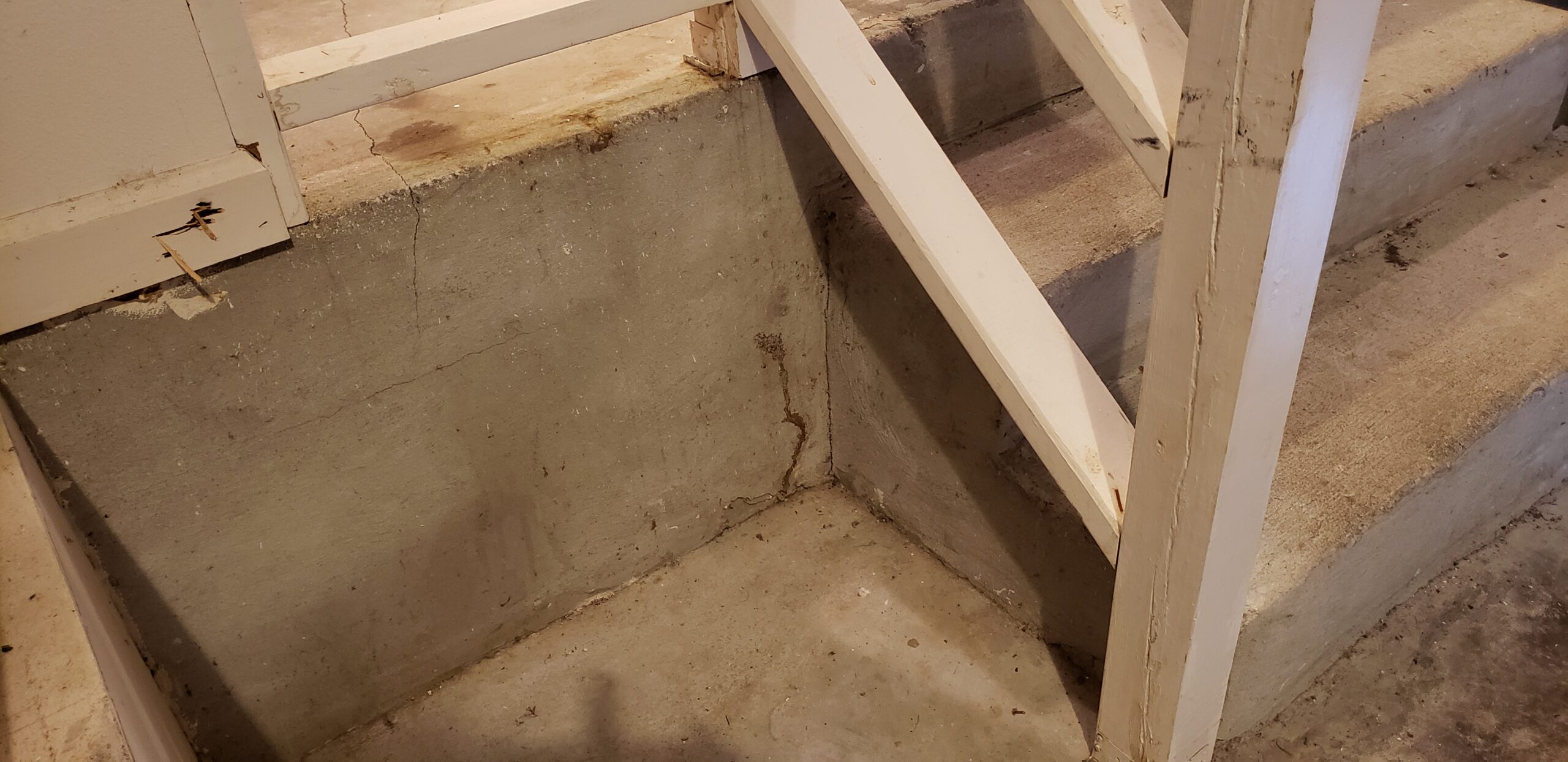
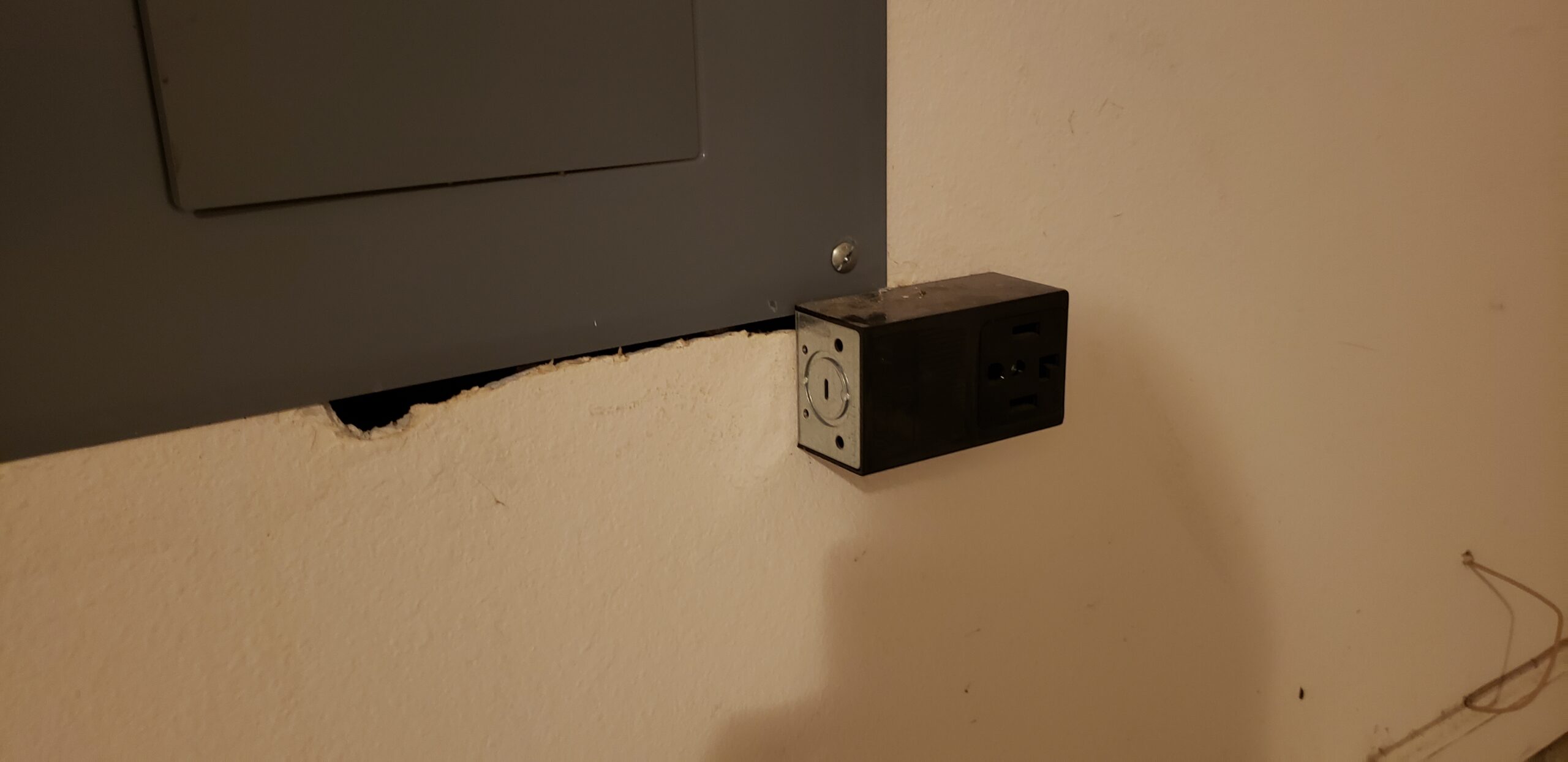
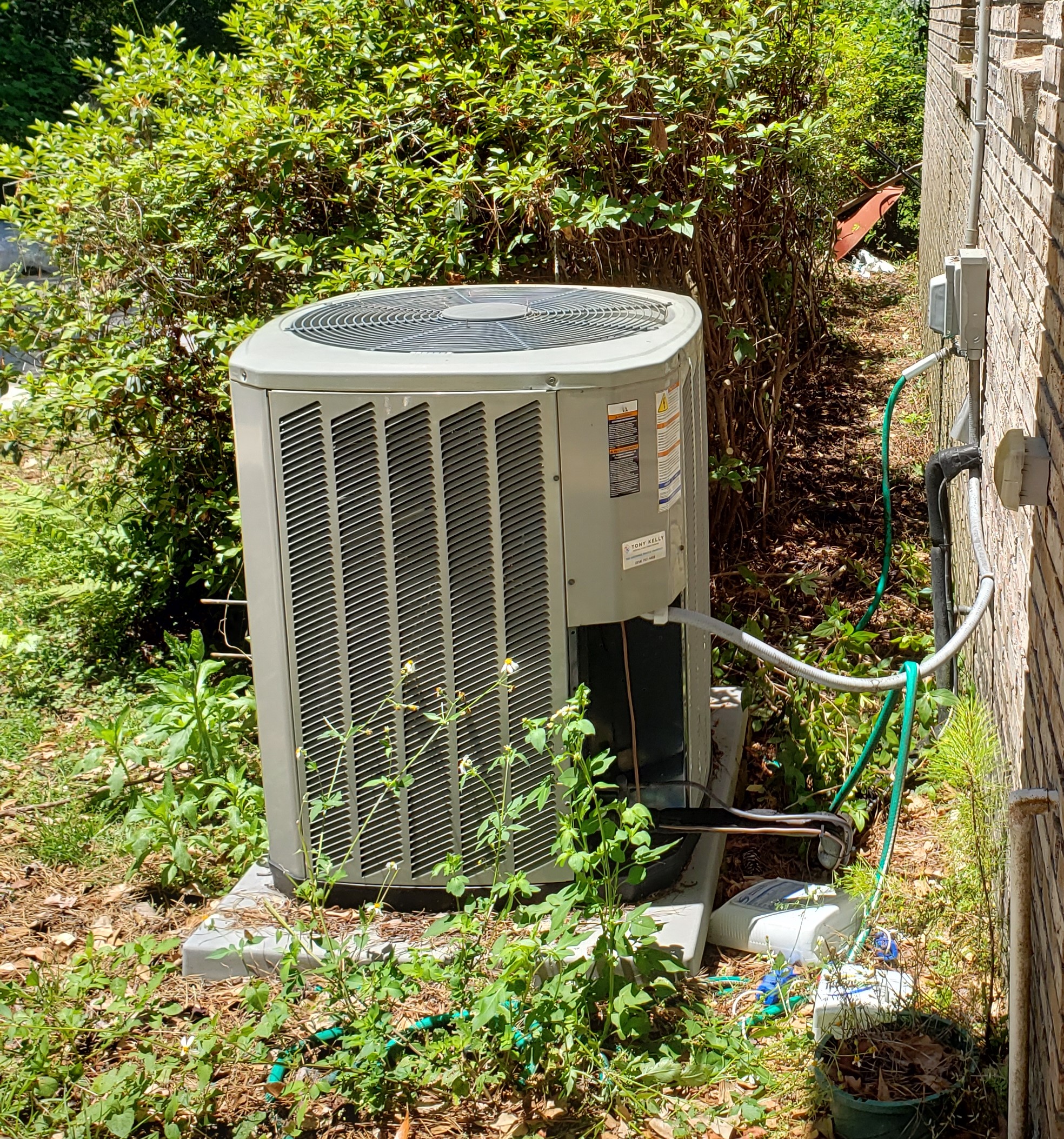
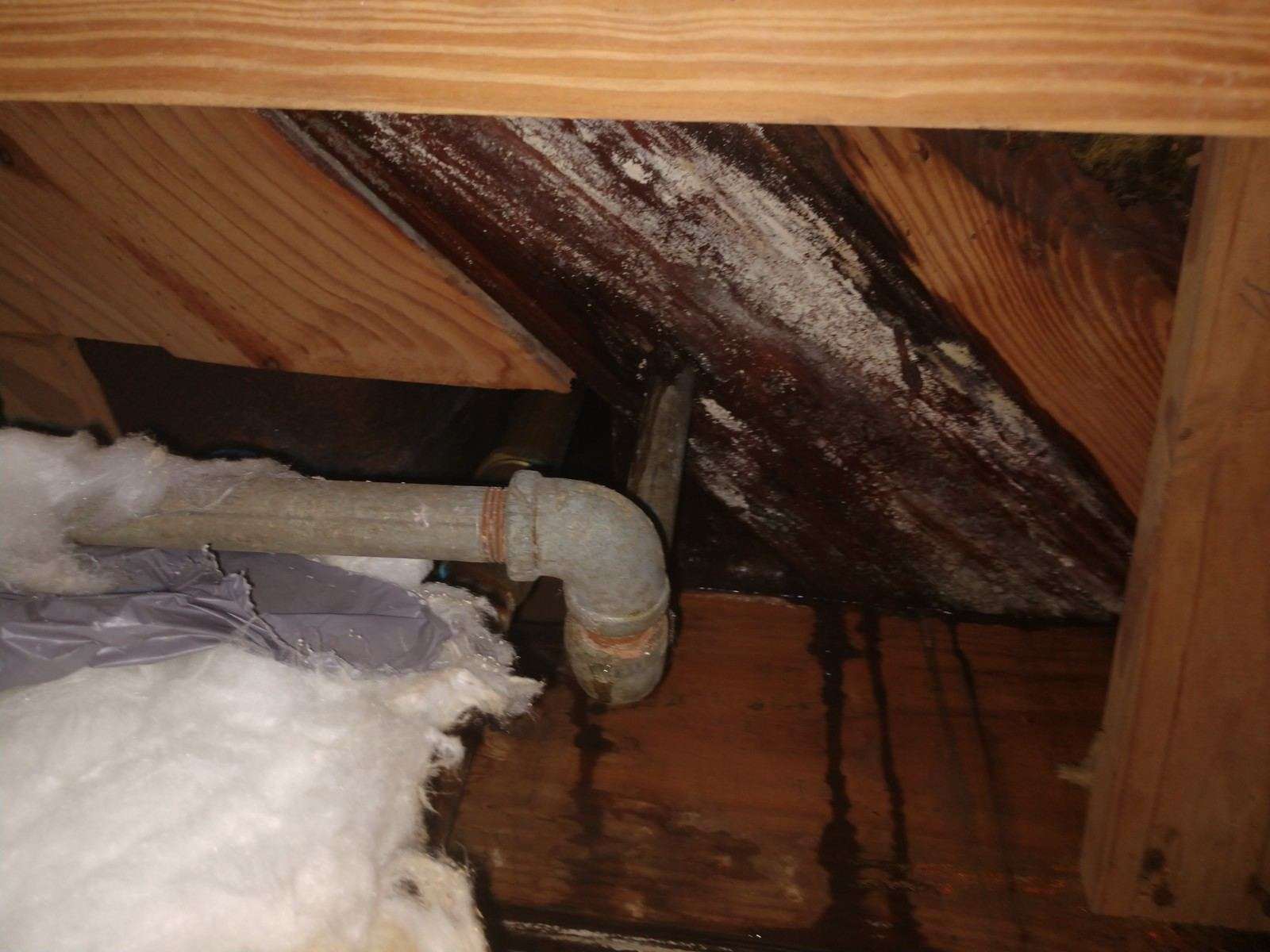
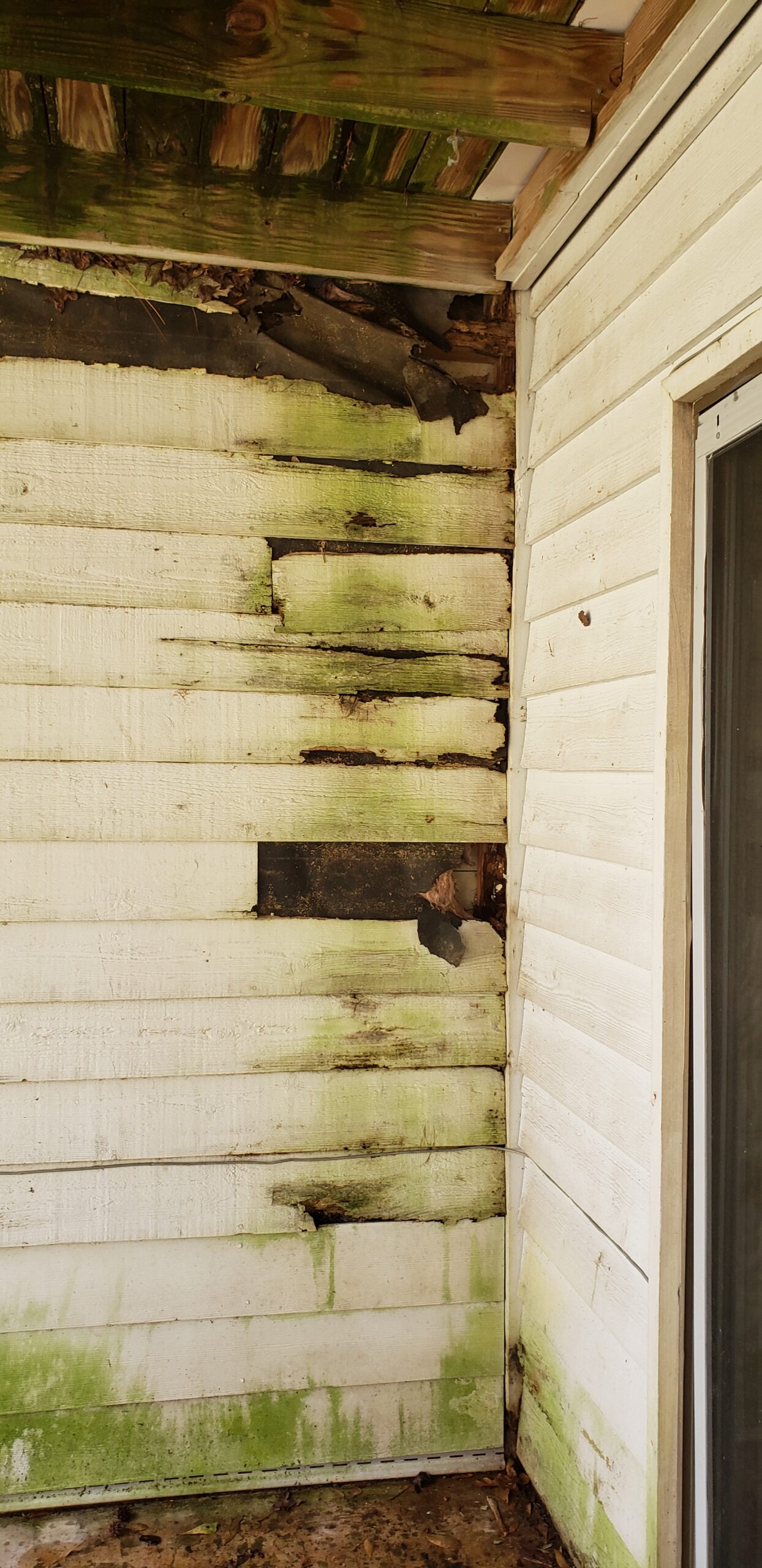

Closing aligned with the home buying pitfall above, ‘We wish we had gotten more inspections.’
This house has poorly repaired foundation issues.
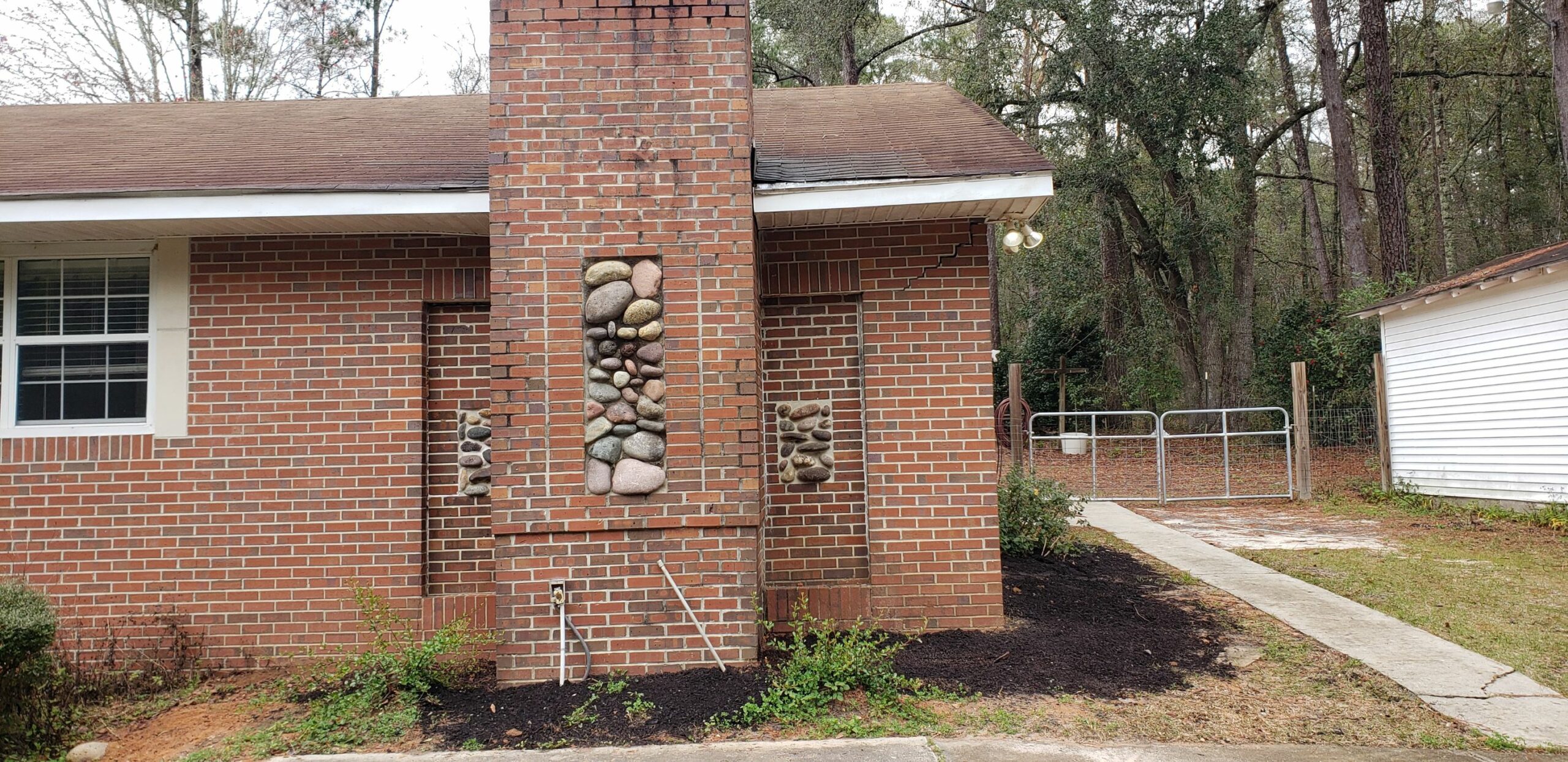
This house has a void underneath it. Can you see evidence?

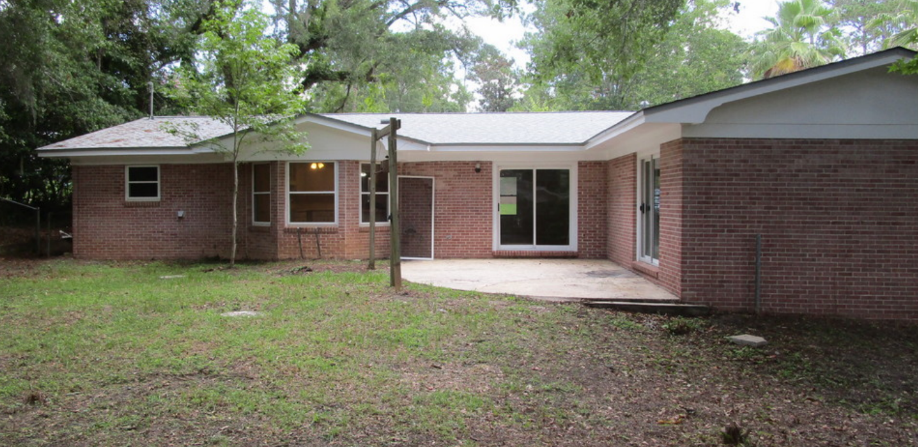
In Tallahassee, buyers have 15 days to inspect the home and ensure there are no deal breakers. This is the only time you will have to spend in this house before you sleep in it. Use this time to check out as much as possible about this house, the neighbors, the neighborhood, the costs of maintenance, and any other questions.
Sometimes the inspector will recommend calling a specialist to look closely at a potential issue. Most of the time, those recommended specialists will investigate the issue for free or charge a small fee. If you run out of time during the contingency period, request an extension. Do not accept the condition of the house until you are comfortable.
With seller cooperation, inspection contingencies can be extended for an additional period. Often the seller will carve out what is covered in the extended contingency. For example, the inspector says that a crack looks suspicious. The inspector will recommend a second look by a foundation specialist. The seller may only allow the contingency in reference to that specific issue. This extension will allow the buyer to investigate and still protect their deposit. So, if the buyer finds the answer the specialists gives them is a deal breaker, they can terminate the contract and receive their deposit back. Although not every inspector will catch every issue every time, they are human and may miss things occasionally, they have been trained to catch the important things.
Sometimes subdivisions have Facebook pages. Contact the administrators to ask to be added to the group. Getting a feel for what the owners are saying and whether you can live with their biggest challenges will help you decide if this is the home for you.
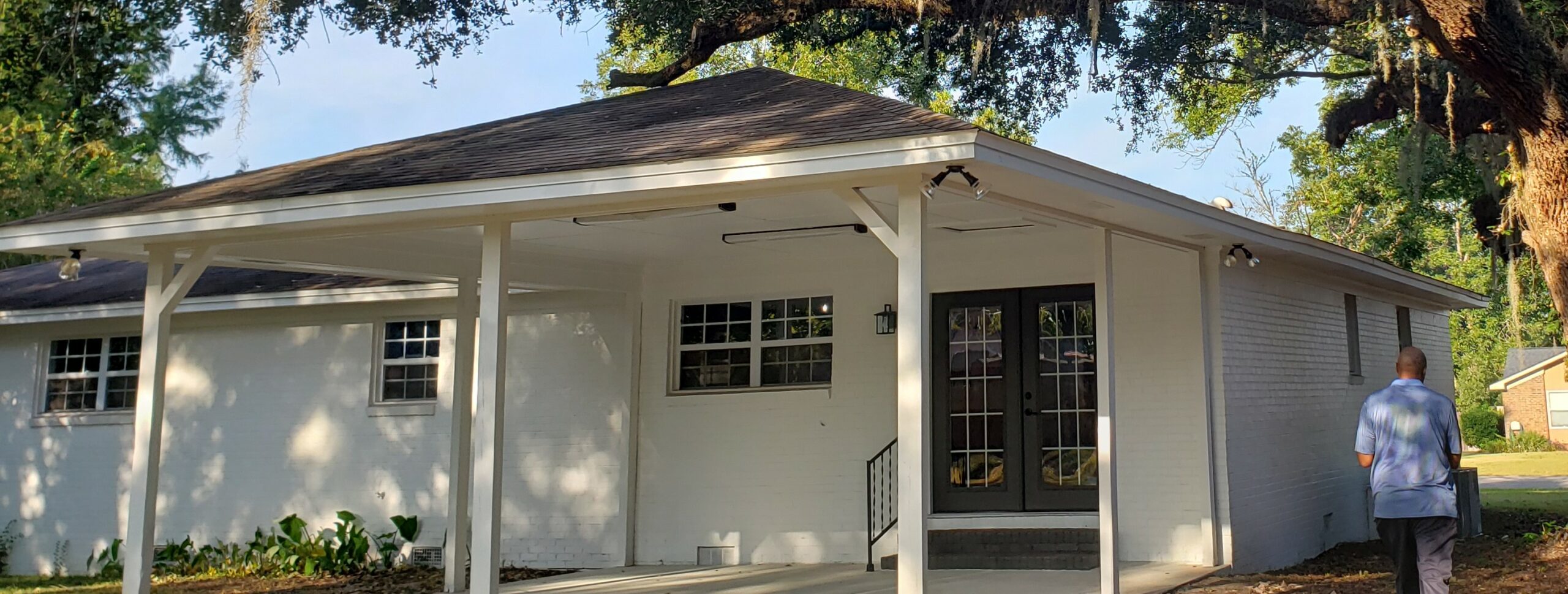

Overlooking important flaws was common in the crazy seller’s market.
Even though homes in popular neighborhoods can be hard to come by, please carefully consider any home with significant areas that cannot be inspected. In the almost decade we have been selling homes, only twice have I suggested that the buyer terminate the contract. This story was one of those times.
STORYTIME: One buyer we worked with was especially careful because she felt burned while purchasing her first home. Her townhouse was still underwater from the housing crash of 2008. The new home she picked was ideal for her, near her ageing family and a room for her sister. After inspections, the inspector noted that the garage had been added on, and part of the foundation was not visible due to the location of the old wall. What he saw on the outside of that wall, made him recommend getting a foundation expert to take a closer look. The buyer opted out. The contingency period was ending, and we had already negotiated a new roof and air conditioning system from the seller. A year later, that part of the garage was sinking into the ground. Their repair costs were steep.
Lacking a vision for potential repairs can be a costly home buying pitfall.
Often buyers will apologize for being picky. Do not apologize for choosing wisely when buying a home. Sometimes it feels like Goldilocks in the three bears’ house: that yard is too big, this bedroom too small. Figuring out what you can live with given your lifestyle and knowing what is beyond the budget is essential to being happy in your new home.
When touring a home, ignore the cosmetic items and pay closer attention to the items that are difficult or expensive to address. Even if you cannot rip out that hideous wallpaper in the master bathroom right now, it might be worth living with the ugliness for a while in exchange for getting into a house in the neighborhood you desire and can afford. If the home otherwise meets your needs in terms of the that are difficult to change, such as location and size, please do not let cosmetic items turn you away.
At the same time, do not be fooled by minor upgrades and cosmetic fixes. Sellers use inexpensive tricks to play on your emotions and fish for a higher price tag. Sellers may pay $2,000 for minimal upgrades like paint, cabinet pulls, flooring, and/or lighting, or they may fork over several thousand dollars on staging. They do it because it works. Buyers are willing to pay more for clean, bright, and beautifully staged homes. Even in the fall of 2022, as the market cools, we still see multiple offers on pretty homes.
Many buyers like ugly houses and the lower prices that come with them. It is worth selling at a lower price from the seller’s perspective. Sellers will not recoup 100% of the value they put into updates and repairs. The buyers can order the renovations to their taste, not former sellers, and still end up with equity after the repairs.
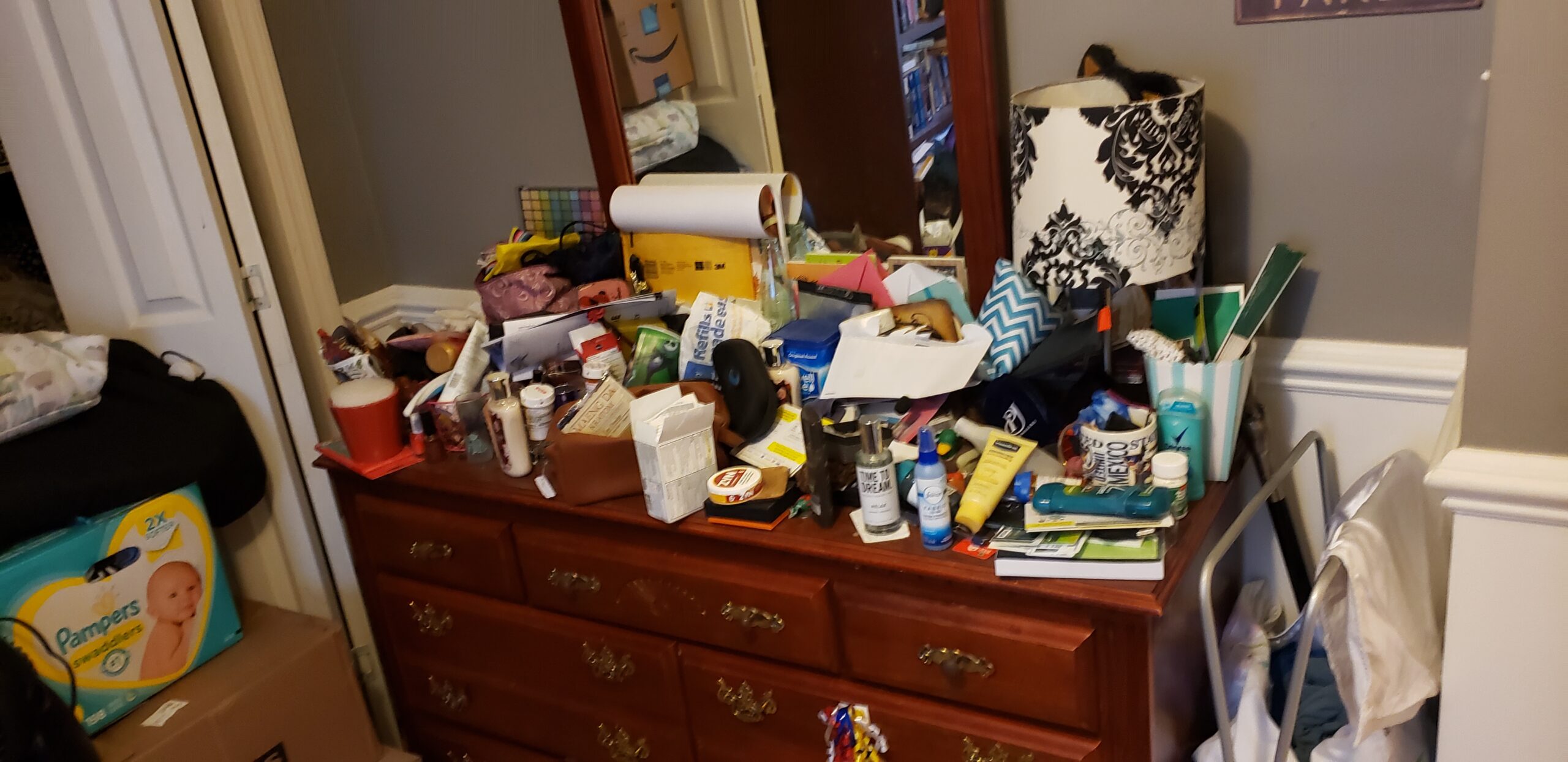
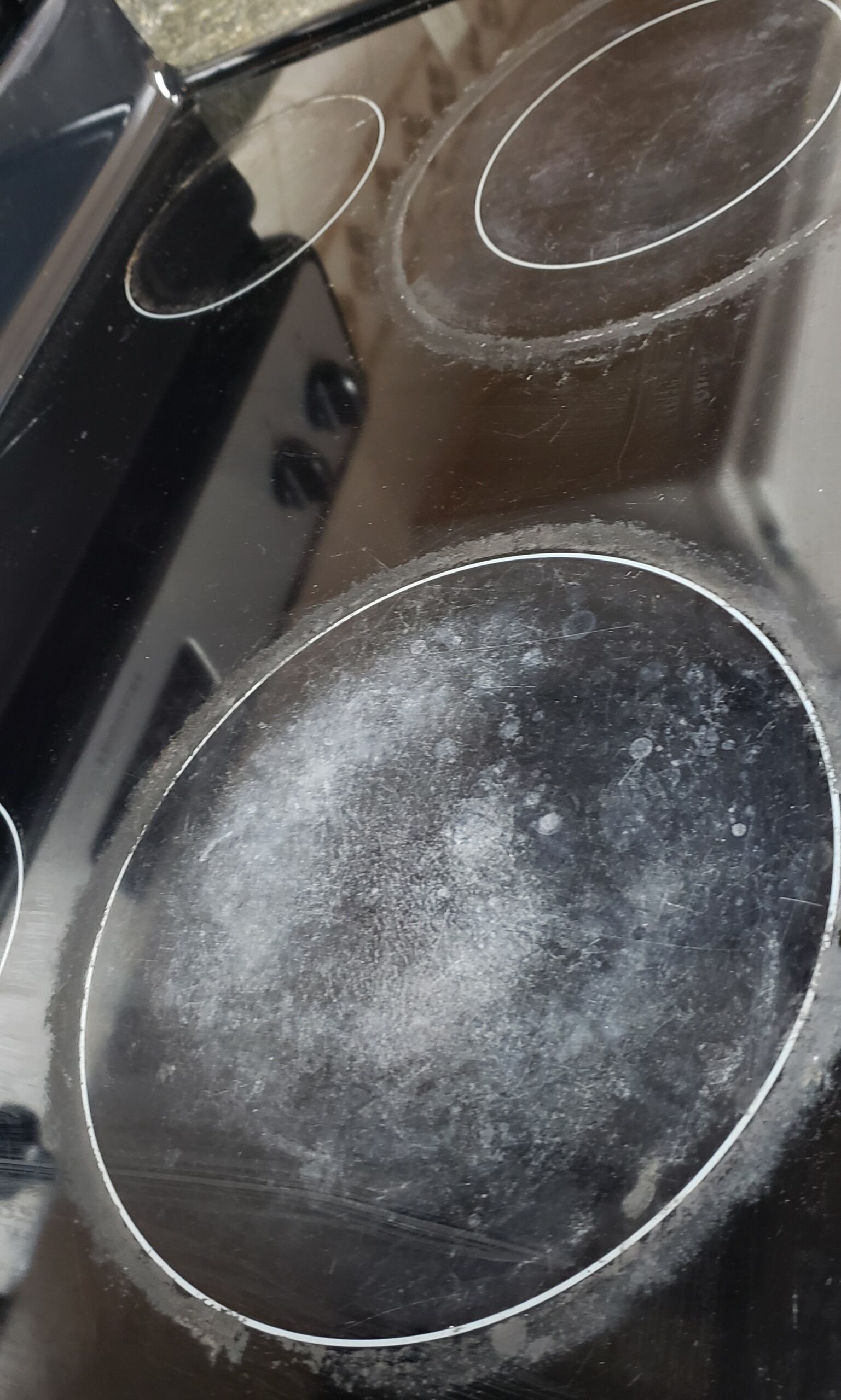
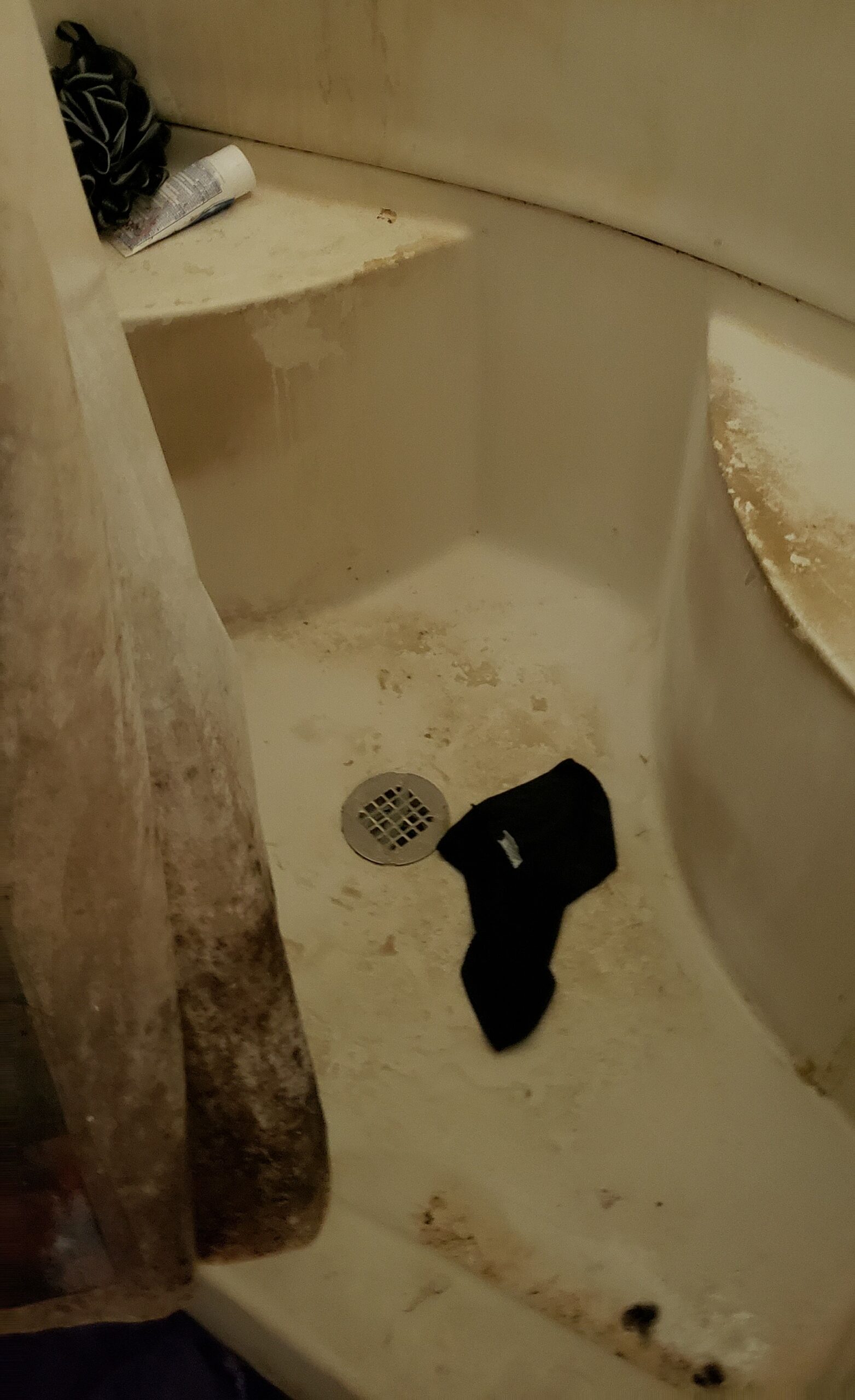

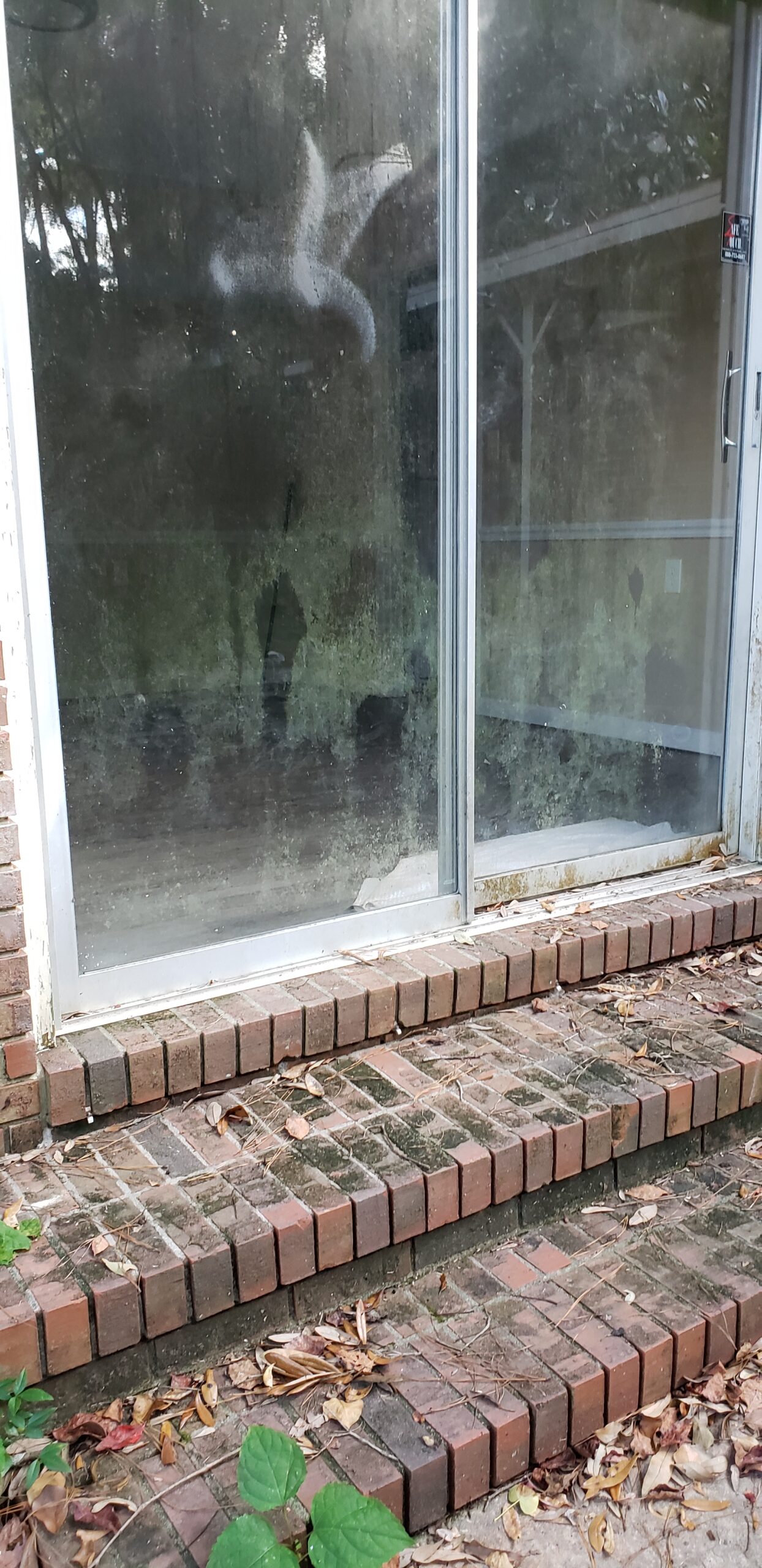
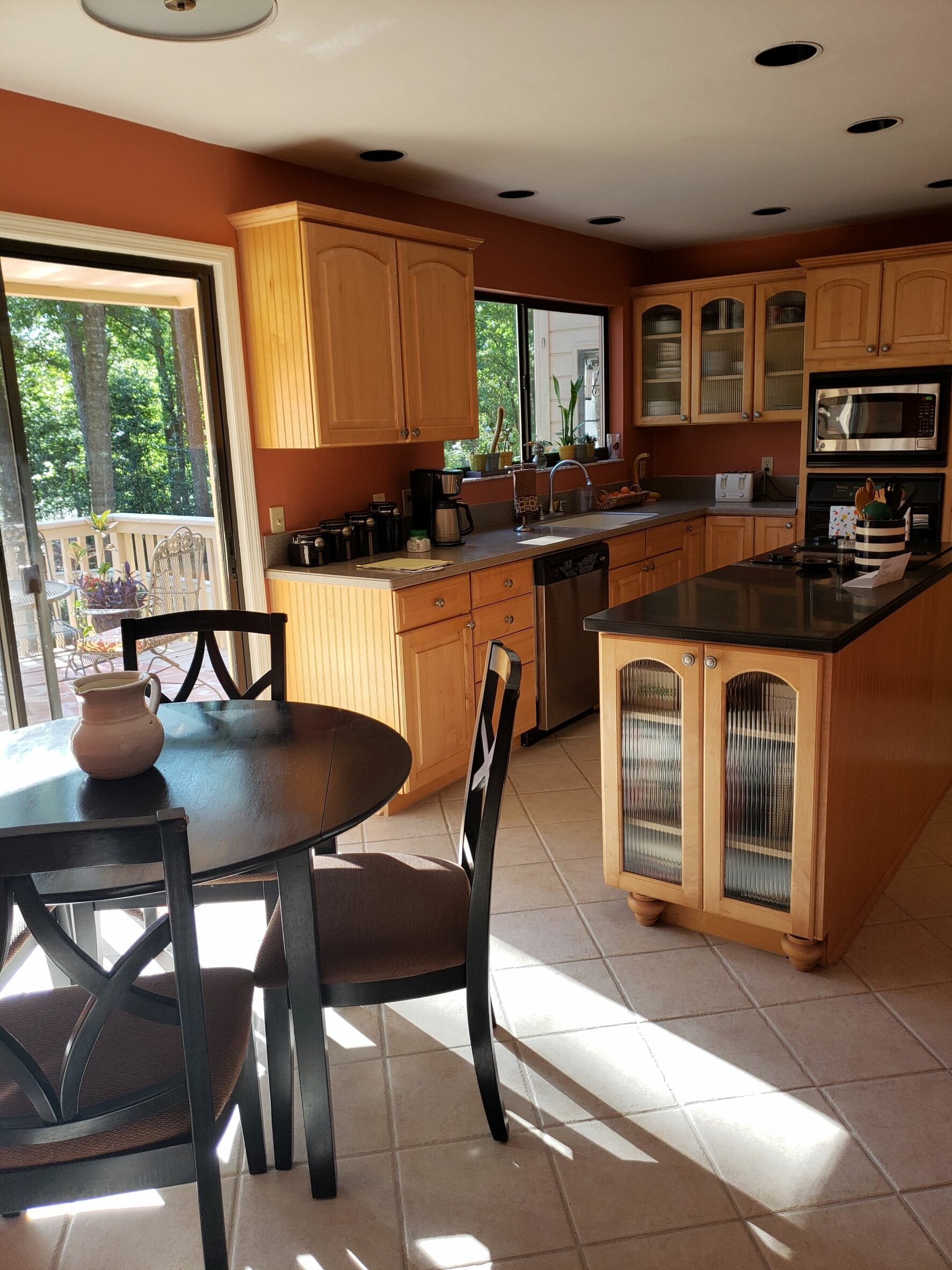
‘We want to wait for prices to drop.” The wishful thinking we feel people would reconsider.
Many buyers are like us and do not want to feel rushed making this very important decision. In an ideal world, buyers have plenty of time to make a careful decision. In the crazy seller’s market, time was not on the buyer’s side. You must make a careful decision, but if you take too long to make it, you may lose out on a property because someone beat you to it. This can be heartbreaking. It can also have economic consequences.
Remember, you will have two weeks to investigate this home. If you do not make an offer immediately, someone else might, and you will have to keep looking. Do not underestimate how time-consuming, routine-disrupting, nerve-wracking, and anxiety-producing house shopping can be. We can help. Contact us.
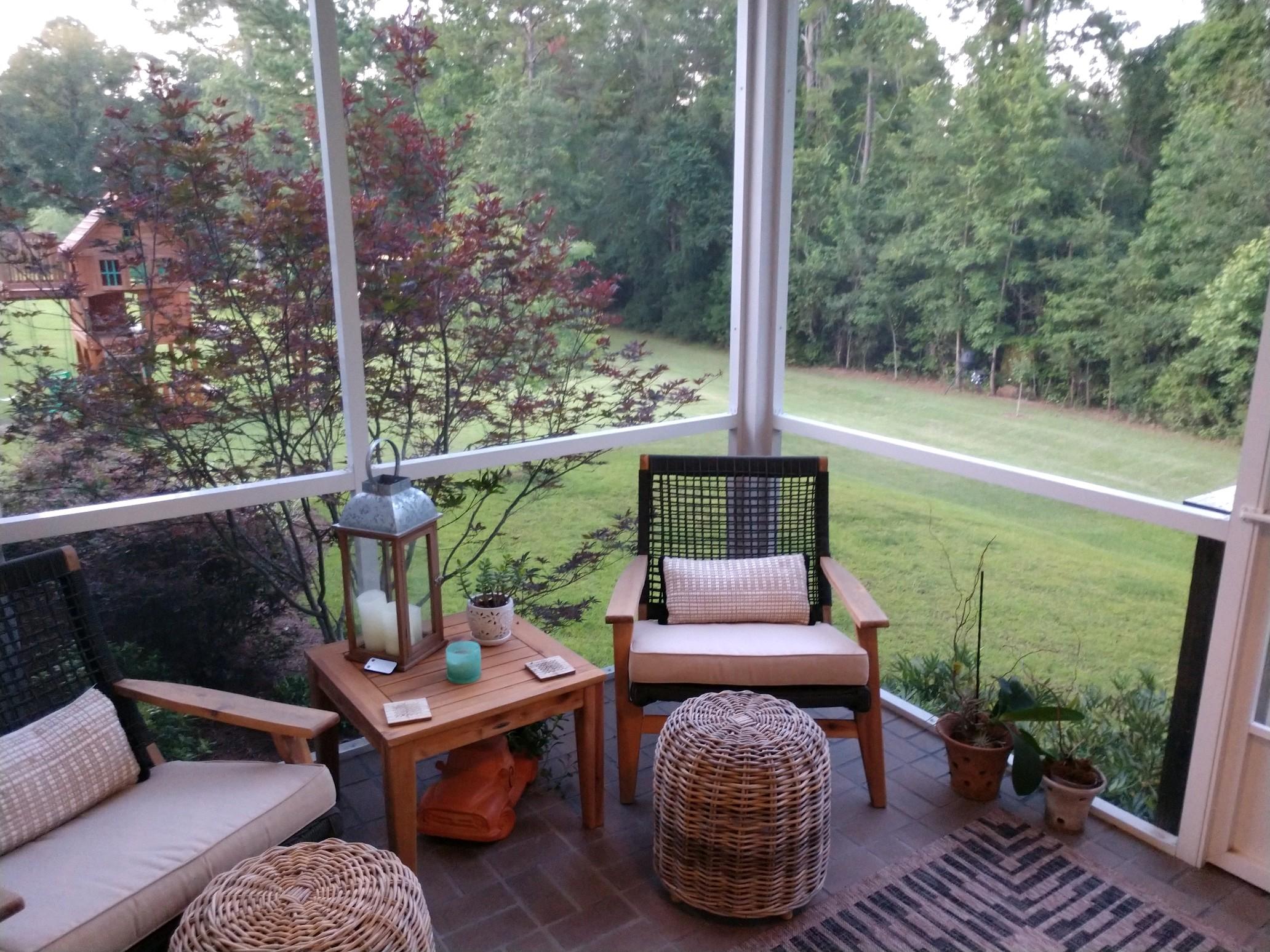

Please check out our other buyers pages for more information.


